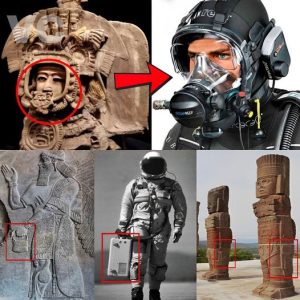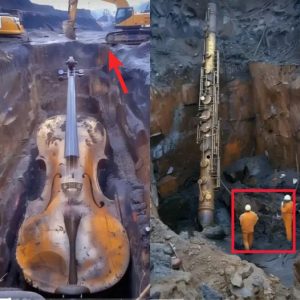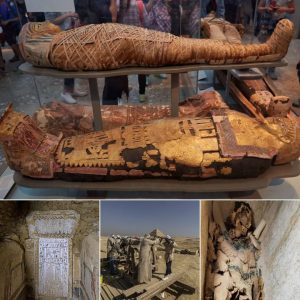In a chilling revelation that harks back to ancient times, the discovery of shackled remains near Athens has been hailed as one of the most significant archaeological finds of recent years. Unearthed amidst the ruins of an ancient settlement, these haunting remnants offer a poignant glimpse into the darker aspects of human history and shed light on the lives of those who lived and suffered in antiquity.
The Discovery
The excavation, conducted by a team of archaeologists near Athens, unearthed a startling find: the skeletal remains of several individuals, bound in iron shackles. The site, believed to have been an ancient prison or detention center, yielded evidence of harsh living conditions and brutal treatment endured by its inhabitants.
Significance of the Find
The discovery of the shackled remains has profound implications for our understanding of ancient Greek society and its justice system. It offers a rare glimpse into the lives of individuals who were marginalized, oppressed, or deemed criminal by the prevailing social order.
Insights into Ancient Justice
The presence of the shackles suggests that these individuals were subjected to forced labor or punitive measures as a form of punishment or social control. Their confinement in such harsh conditions highlights the brutality and inequities inherent in ancient systems of justice.
Historical Context
The find resonates with broader historical narratives of power, oppression, and resistance in ancient Greece. It prompts questions about the treatment of marginalized groups, the role of prisons in ancient society, and the extent to which justice was meted out fairly and impartially.
Recognition by ARCHAEOLOGY Magazine
The significance of the discovery was underscored by its inclusion in ARCHAEOLOGY magazine’s list of top finds for the year 2016. This prestigious recognition reflects the importance of the find in advancing our knowledge of ancient civilizations and human behavior.
Legacy and Reflection
As we reflect on the discovery of the shackled remains near Athens, we are reminded of the complexities of the human experience and the enduring relevance of archaeology in unraveling the mysteries of the past. The voices of the long-forgotten individuals whose lives were marked by suffering and oppression echo through the ages, urging us to confront the injustices of the past and strive for a more just and equitable future.





